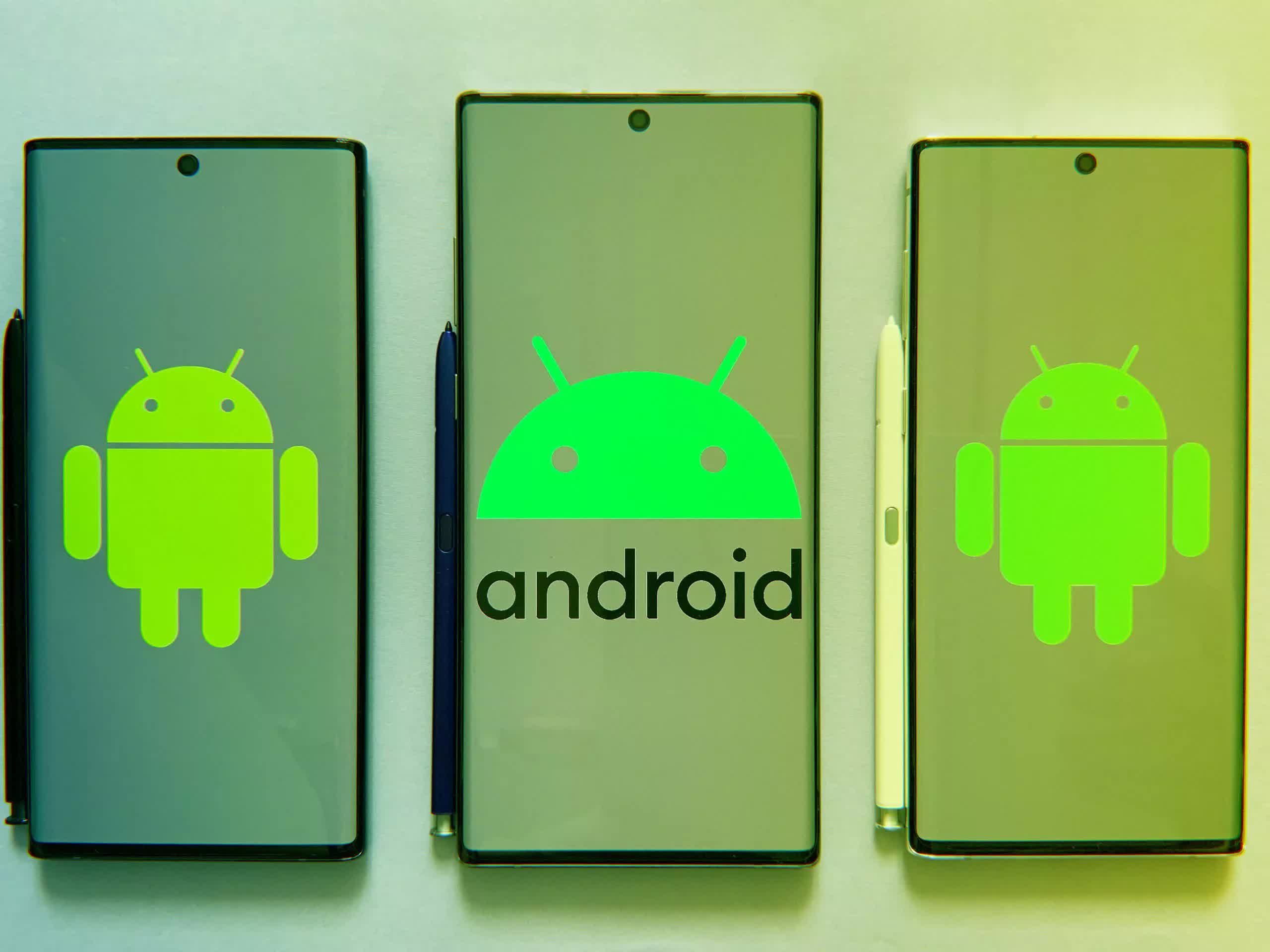Why it matters: In 2018, Google received a $5.1 billion fine from European Union regulators pertaining to how Android established market dominance with questionable practices. The search giant, in its effort to nullify the ruling, is asking why its competitor Apple is being ignored in the case.
Three years ago, the European Commission levied the hefty fine against the tech company, pointing towards illegal practices for devices that have the operating system installed in order to maintain its search engine market lead.
The commission said Google made it mandatory for manufactures to pre-install both the Google Search app and Chrome browser if smartphone makers were to be authorized to use its app store.
Google lawyer Meredith Pickford is now arguing that Apple's iOS should factor into proceedings, according to Reuters. "The Commission shut its eyes to the real competitive dynamic in this industry, that between Apple and Android," he said. "By defining markets too narrowly and downplaying the potent constraint imposed by the highly powerful Apple, the Commission has mistakenly found Google to be dominant in mobile operating systems and app stores, when it was in fact a vigorous market disrupter."
Pickford added that Android "is an exceptional success story of the power of competition in action." Commission lawyer Nicholas Khan countered by saying that bringing Apple under examination in the antitrust violations case wouldn't affect anything because of its smaller market share.
"Bringing Apple into the picture doesn't change things very much. Google and Apple pursue different models," Khan stated.

Another way Google thwarted competition, on top of the requirement to pre-install Chrome and Search, was preventing manufacturers from selling devices that came with forked versions of Android, regulators claimed. It also said the firm paid numerous device makers to pre-install the Google Search app.
Google's Android OS, which is installed on around 80% of smartphones in the world, undoubtedly rejuvenated companies like Samsung and Motorola, as well as other smaller Android OEMs. German phone maker Gigaset Communications, for one, is backing Google in the case.
It wouldn't have achieved its success had it not been for Android's open platform, the European smartphone maker stressed, and the introduction of a license fee for the Play Store has left it no choice but to increase prices for smartphones.
Commission lawyer Nicholas Khan, however, said the huge barriers for competitors led to "a virtuous circle for Google but a vicious circle for anybody else." FairSearch, the lobbying group that was responsible for the Commission case through its complaint, accused Google of embracing a "classic bait and switch strategy."
Its lawyer Thomas Vinje told the court that "it hooked (them) on a supposedly free and open source operating system subsidised by its search monopoly, only to shut that system to competition through the web of restrictions at issue in this case."
A verdict could come to fruition sometime during 2022. But regardless of the outcome, both Google and Apple may be impacted by new rules the European Union is planning. Upcoming legislation would require them to share data with rival platforms, in addition to limiting how many of their own apps can come pre-installed on devices. Another proposed antitrust legislation would force companies to allow users to delete pre-installed apps.
